CORRUPT:OFF in Ukraine
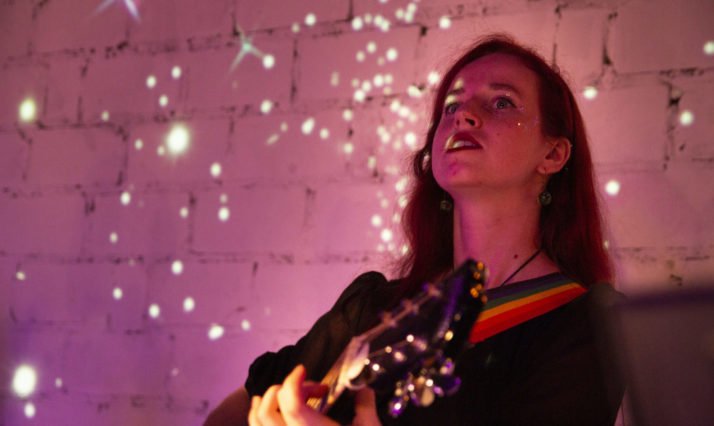
CORRUPT:OFF kicked off back in April when we were all frightened by the rapid spread of COVID-19 and its impact on cultural life and public health. The new conditions caused a lot of challenges for the project team, but while closely following all the restrictions, we managed to develop one of our main activities – story-based musical performance unveiling the corruption young people in Poltava are facing in their daily lives.
For almost 4 months, 16 participants of diverse backgrounds and ages worked on their storytelling under the guidance of the invited independent theatre professionals as well as professionals from the Theater of Contemporary Dialogue and C:NTACT. It took a lot of work for the participants to find the courage to speak up, try new self-expression tools and for some of them – to perform on the stage for the first time!
In October, the performance “The Room №333” was pre-shown to the small audience in Poltava and Kharkiv. The show was followed by a lively discussion on what corruption is and how we can deal with it personally.
We hope that this experience helped our participants to understand the corruption vehicle better and develop their creative skills which can be used as a drive for social change.
Our project consultant on Ukraine, Yuliya Zakolyabina, has visited the project’s team in Poltava and asked some of the performance’s participants to share the challenges they experienced and discoveries they found during the preparation process.
Read the interviews with Vitalii, Diana and Oleksandra below.
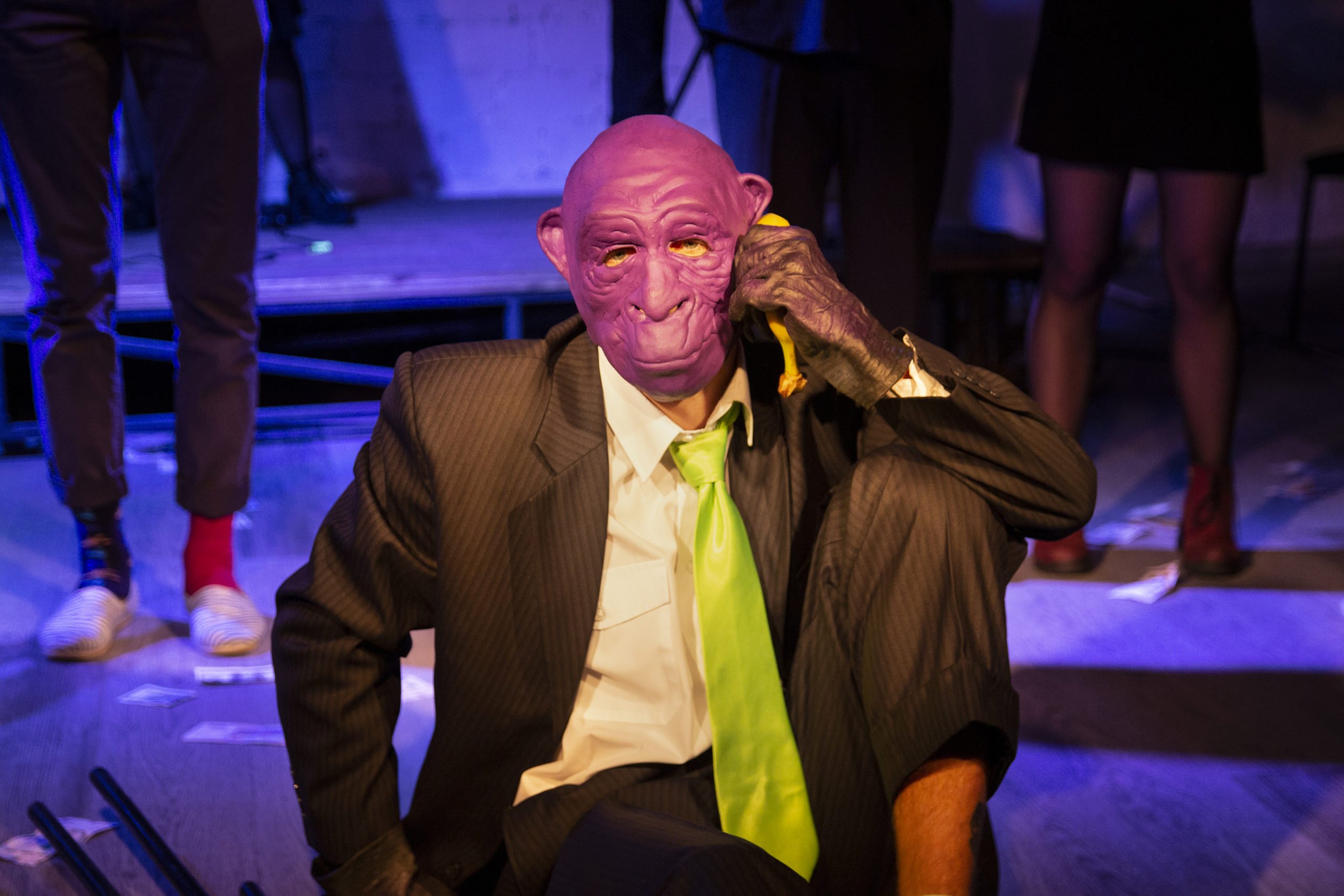
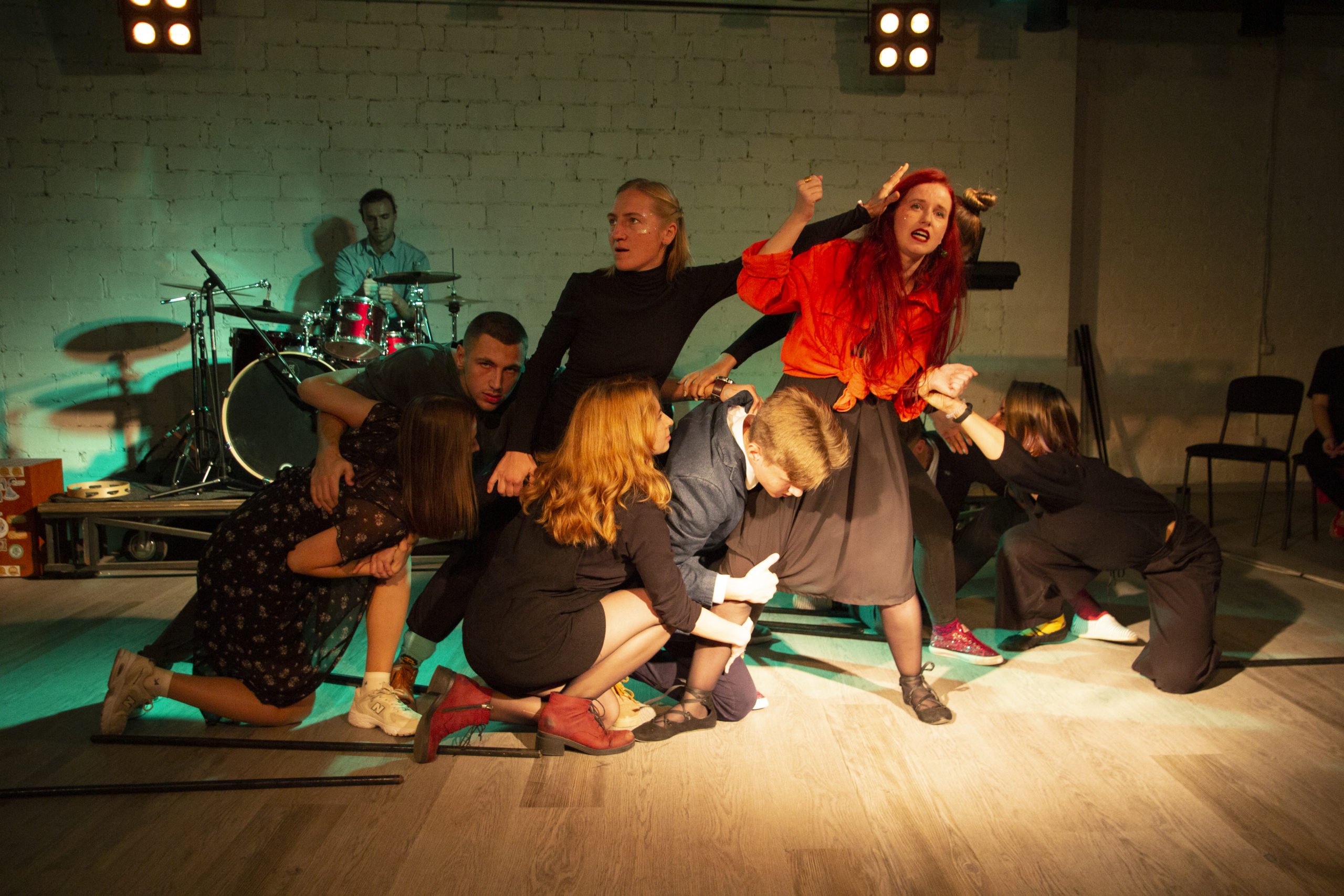
Oleksandra, 26 years old
For me, the biggest challenge throughout the process was accepting the diversity of the participants. That we are all very different, our skills and ambitions are different and even more importantly – our attitude towards the working process and how it should be organised is different. So, I had to learn how to become more flexible and less critical to others.
I certainly became much more self-reflective. If there were conflicts in the group, I tried to understand my own reactions and how we can talk about it.
After our first show which was organised primarily for our parents and close friends – you could already witness the impact that the performance can have. The discussion after showed that although the audience was there primarily to see us performing, they suddenly started to open up and share their reflections on corruption and the deep frustration they experienced when they listened to our stories. So, I am looking forward to showing this performance to a bigger audience because I believe it can be a powerful tool for raising awareness.
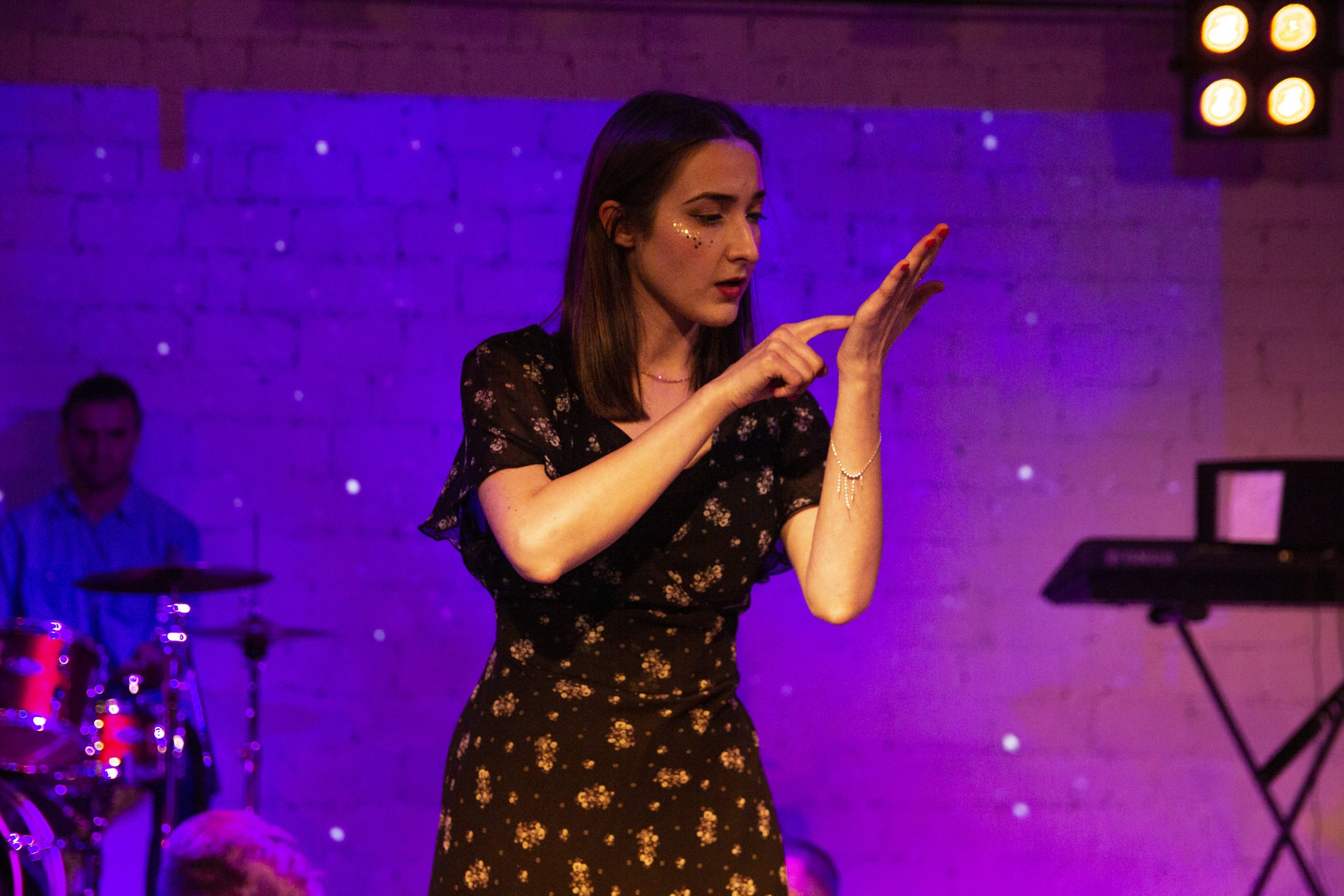
Diana, 22 years old
For me, all these months were more about learning to trust people and the process itself; not trying to control the situation but rely on the professionals who were there to guide us. It was challenging to build good communication among the group of such different people with diverse backgrounds. But in the end, I became friends with some of them and would love to continue our friendship outside of the project.
I am a creative person in general and yet it was my first theatre experience. I realised that the most important thing when working with documentary theatre is to be honest, firstly with yourself and secondly with the audience. I have discovered lots of interesting things about myself through the theatre tools so this project had a deep impact on my personal life.
The big change always consists of many small steps and I am happy to realise that our performance is exactly this important and needed step towards something bigger.
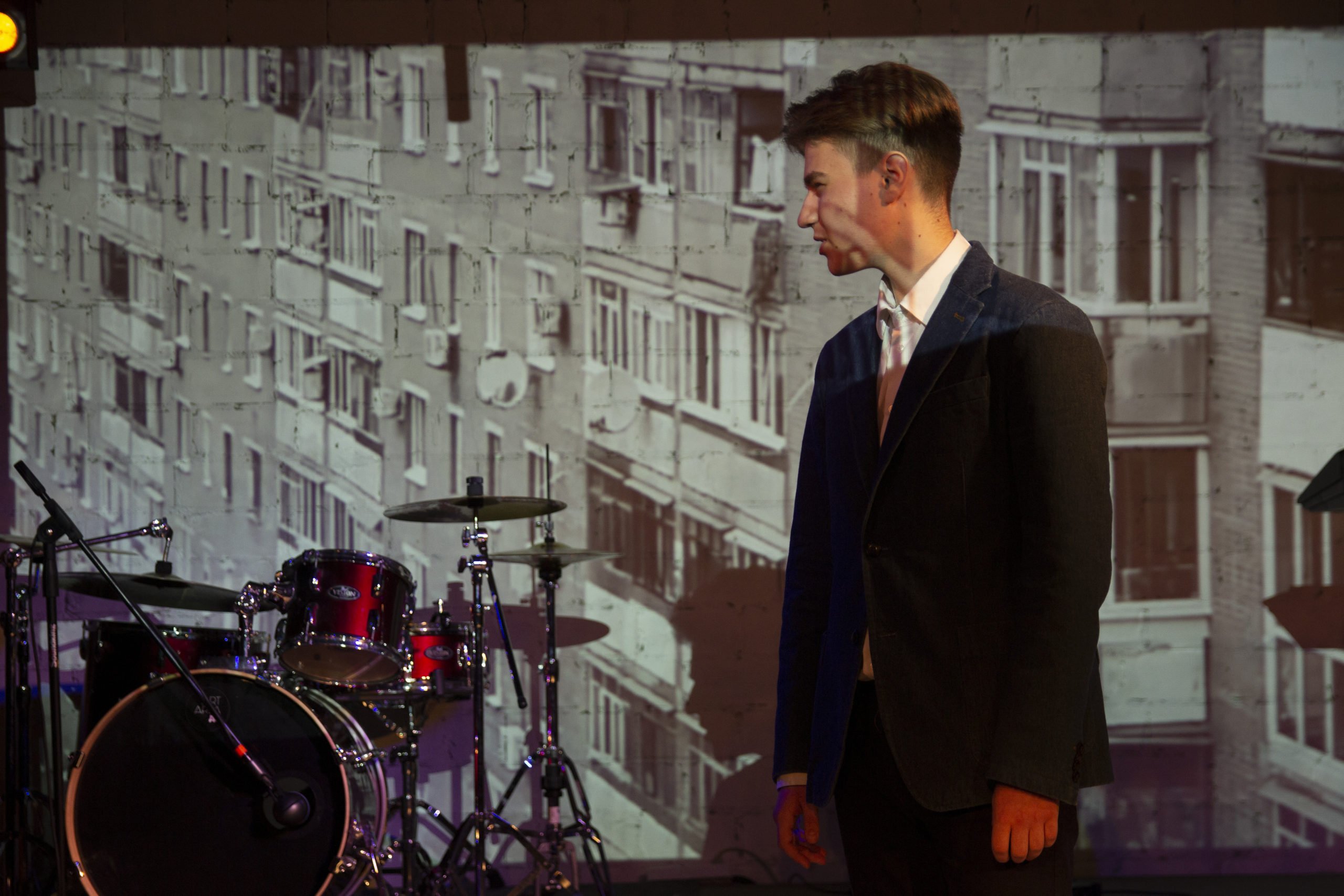
Vitalii, 34 years old
I struggled to manage between my job and this project but somehow it all worked out pretty well in the end. Maybe because I really believed in the importance of this performance. I certainly feel very good about the music and songs we wrote together for the performance. I would often find myself going back home with these songs stuck in my head, mumbling them on my way or even dancing to them.
The main discovery for me was a realisation that personal stories can become a powerful tool within the theatre – they are very touching and easily relatable for every spectator. You as a participant of the performance do not have a need to “act it out”, you are just sharing your story with honesty and sincerity, which requires a lot of courage. And on a personal level, it works like therapy and helps to look at your own situation from a critical point of view. In this context, a discussion round after the performance works very well to strengthen its impact on the audience. The audience was actively involved in asking questions and thus we can challenge each other’s opinions raising awareness on the corruption pervasiveness.
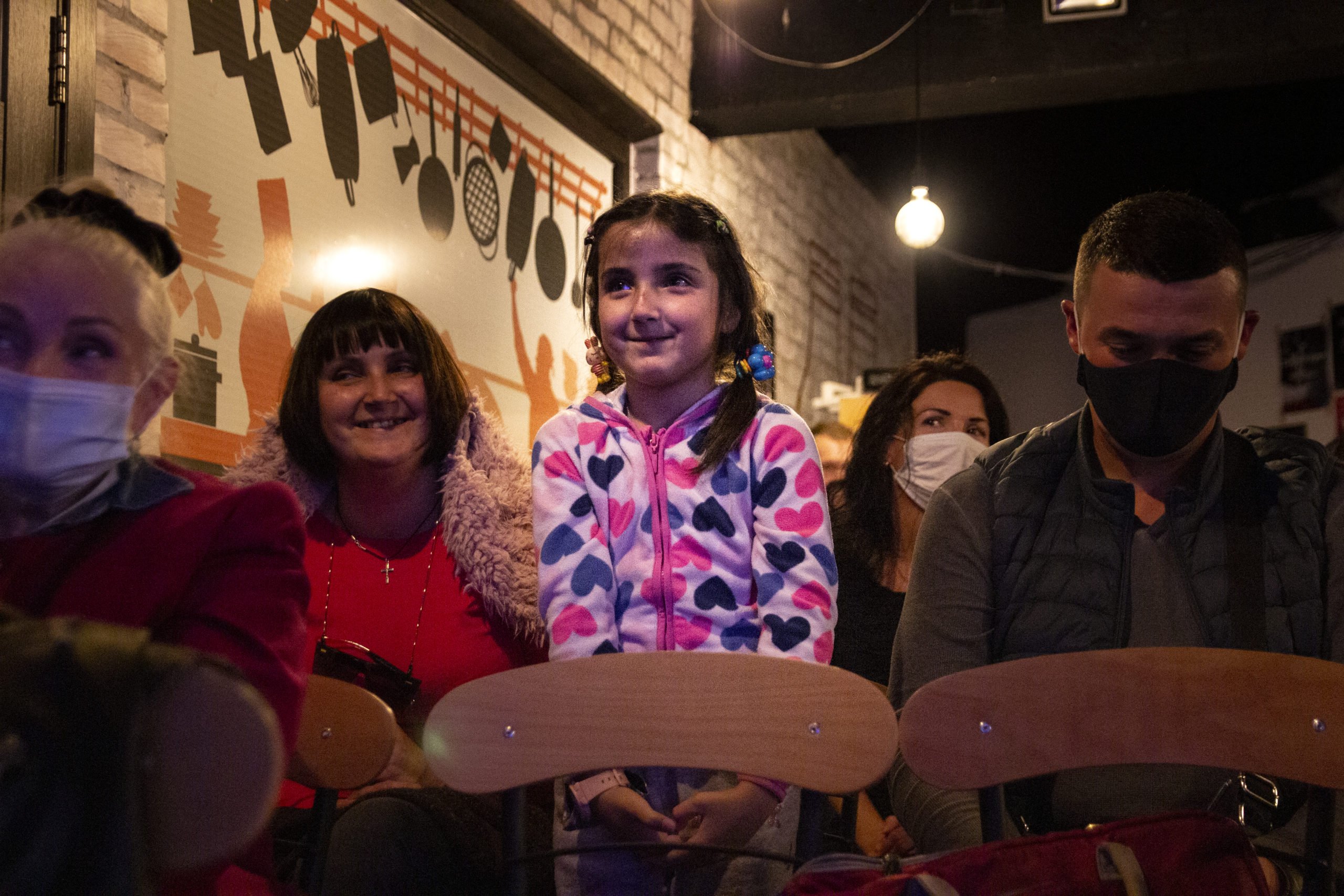
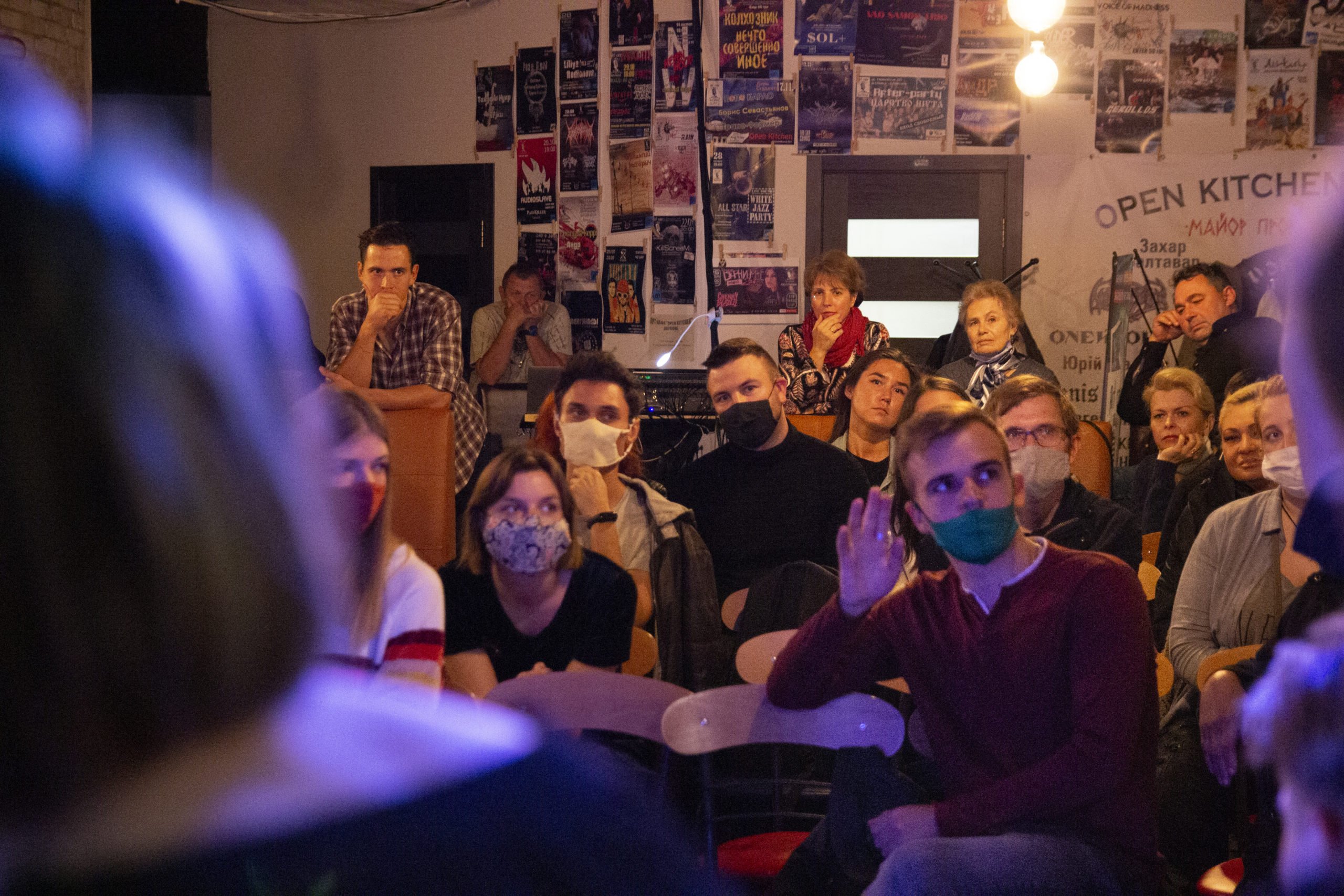
Corrupt:off will run to the end of March 2021 and we are planning workshops, performance touring and, of course, virtual surprises!
The project is supported by the European Endowment for Democracy and House of Europe.
Photos by Nadiya Mykolayenko.